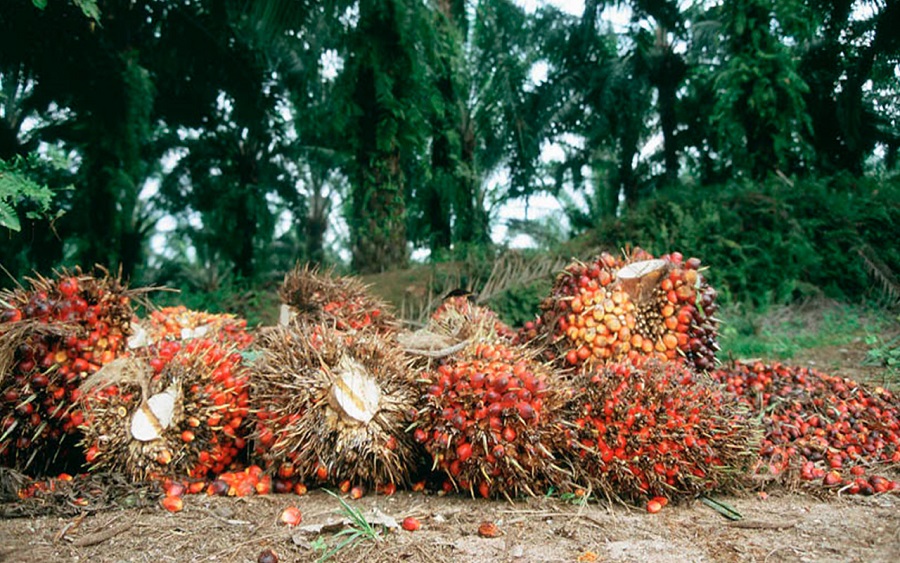The recent financial report by Okomu Oil Palm Company Plc exemplifies the qualities of innovation and sustainability that mark Nigeria’s agric sector.
Over the last nine months, the company recorded a 113% growth in profit after tax, which is N60.33 billion, up from N28.34 billion in the same period of 2024.
With turnover growing to N173.95 billion, up from N103.95 billion, and earnings per share now at N63.25, Okomu Oil’s barnstorming outing—amidst a period of inflation and exchange rate instability—has not failed to arouse surprise.
What approach did the company take? What lessons does it hold for Nigeria’s broader agricultural economy?
A strategic cocktail of innovation and economical management lies behind the company’s run of successes.
Okomu oil’s achievement was driven by an unwavering focus on maximising palm product yields, reducing cost wastage in operations and rationalising production processes.
A tech-driven rise
To start with, the company has deployed high-tech milling equipment that allows for maximum oil recovery using minimal energy. It also adopted digital management tools to track production efficiency and leakages in its supply chain.
These technologies, combined with a strong domestic human resource base and long-term planning for sustainability, have cushioned the business from market shocks.
Even as Nigeria grapples with poor farm output and rising import bills, Okomu Oil’s approach showcases how official investment in technology and management can raise output without sacrificing quality or employment for locals.
Of no less importance is Okumu Oil’s growing focus on environment and community conservation.
In Edo State, where the company is headquartered, it has launched initiatives for the conservation of forests and wildlife in the area.
Its reforestation initiative, for example, aims to reclaim degraded landscapes while providing communities surrounding them with alternative livelihoods.
The company also supports small farmers in training on sustainable production of palm, seedling provision, and access to processing facilities.
By incorporating rural empowerment into its business operations, Okomu Oil is not only generating local economic activity but also discouraging smallholder farmers from illegal logging and over-farming.
Okomu Oil’s transformation has also been made easier by broader sectoral reform and private partnerships.
The Nigerian government, in the last couple of years, has launched policies that promote domestic agriculture production through initiatives like the Anchor Borrowers Programme, including tax relief for agro-processing plants.
Alliances with organisations like the Nigerian Institute for Oil Palm Research (NIFOR) have also helped to develop high-yielding hybrid seedlings, embraced by companies like Okomu.
Tapping into the global palm oil industry
These efforts are slowly making Nigeria a competitive player in the global palm oil market. Far from solitary, Okomu’s success is reflective of the enhanced results of policy coordination with innovation and corporate responsibility.
Besides government support, civil society and extrinsic collaborations have contributed to improving sustainability in Nigerian agriculture.
Companies such as the Roundtable on Sustainable Palm Oil (RSPO) and the United Nations Development Programme (UNDP) have inspired Nigerian companies to adopt best practices globally.
Such collaborations have brought on technical support for partnering firms to maintain environmental practices and fair labour conditions.
What’s more, they guarantee ecological sustainability, helping to cultivate consumer trust, especially among international consumers who now demand transparency and ethical purchasing of agricultural products.
Ultimately, Okomu Oil’s 113% rise in profits presents a model for what Nigerian sustainable agribusiness can achieve.
Notably, it shows how investment in technology, human development and concern for the environment can yield both economic and social dividends.
The challenge now is for other players in Nigeria’s agricultural sector to adopt similar models that balance profit with purpose.
If more companies follow this trajectory, Nigeria’s dream of agricultural self-sufficiency and rural development could move from aspiration to reality, making stories like Okomu’s a national standard rather than the exception.
Summary not available at this time.






